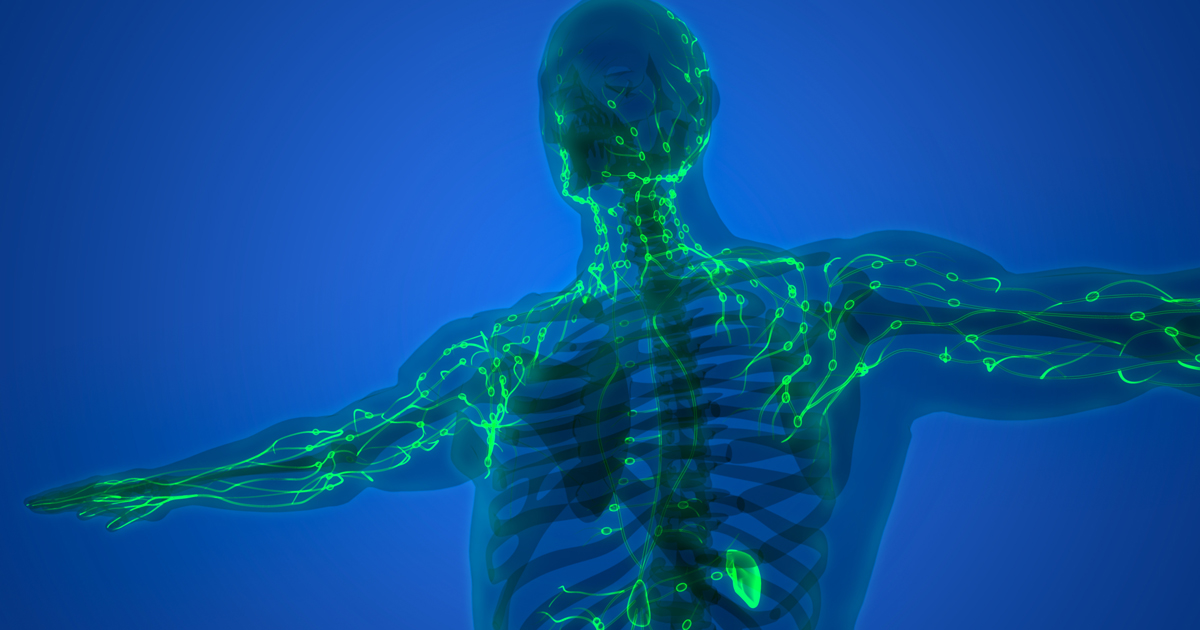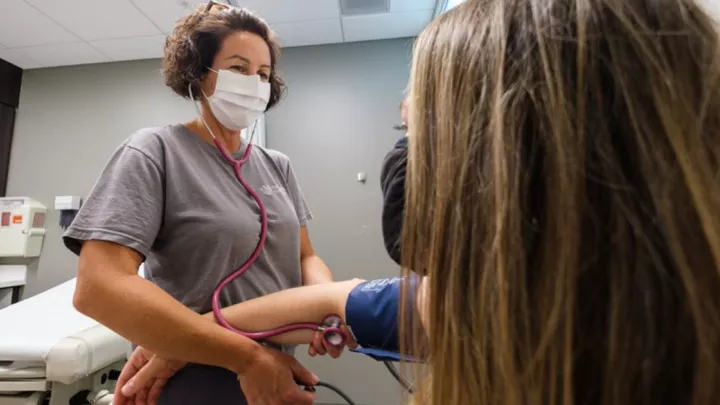What happens when cancer spreads to the lymph nodes?

We all know we have them, but many of us will probably admit, we have no idea what they are, what they do or what it means when cancer spreads to the lymph nodes.
We have hundreds of lymph nodes spread throughout the body including the neck, armpit, chest, abdomen and groin. Shaped like a small bean, they are part of the body's immune system that help fight infection and disease. As fluid passes through the lymphatic system, the lymph nodes are tasked with the important job of filtering out toxins and fighting infection by attacking and destroying germs. The fluid is then returned to the large veins in the chest.
As some cancers become more advanced, they are more prone to spread to the lymph nodes through the tiny lymphatic ducts. These include cancers of the breast, skin (melanoma), gastrointestinal tract, liver, pancreas, lungs, head and neck as well as endocrinological, urological and gynecological cancers. Cancer can also start in the lymph nodes. These are called lymphomas.
"In general, cancers that have spread to the lymph nodes are typically stage 2 or 3," says Juan Santamaria, MD, Nebraska Medicine surgical oncologist. "Many of these cancers are still treatable and even curable at this stage. Cancer that has spread widely through the body is considered metastatic and is called a stage 4 cancer."
How do you know when cancer has spread to the lymph nodes?
When cancer has spread to a lymph node, it will usually become swollen and enlarged, will feel hard and may or may not be tender to the touch, Dr. Santamaria says. A swollen lymph node may still only be about the size of a grape or larger. However, while some lymph nodes will be visible or noticeable when they become enlarged, many are not, such as those inside the chest or abdomen.
How to detect cancerous lymph nodes
An ultrasound, MRI or CT scan can detect enlarged lymph nodes that aren't outwardly visible. If detected, a biopsy will usually be performed to check for cancer. During breast and skin cancer surgery, a sentinel node biopsy is typically performed in which a few lymph nodes are removed to check for cancer.
How is cancer treated once it has spread to the lymph nodes?
Cancer that has spread to the lymph nodes is removed through surgery or may be treated with chemotherapy, radiation, other anti-cancer medicines such as antibodies, CAR -T cells, small molecule drug inhibitors or a combination of these.
When lymph nodes are removed from the armpits or groin with surgery, 30% to 50% of patients will develop lymphedema of the arms or legs. Lymphedema develops when there is a blockage anywhere along the lymphatic system pathway and leads to swelling of the arms or legs, pain, possible infection and reduced mobility.
As a result, there are several studies in progress to determine if radiation may be a better alternative than surgery, says Dr. Santamaria.
If you notice a swollen lymph node that does not get better after two weeks (lymph nodes can become swollen with infection), consider making an appointment with your doctor to get it evaluated.
To schedule a consultation with one of our cancer specialists, call 402.559.5600.







